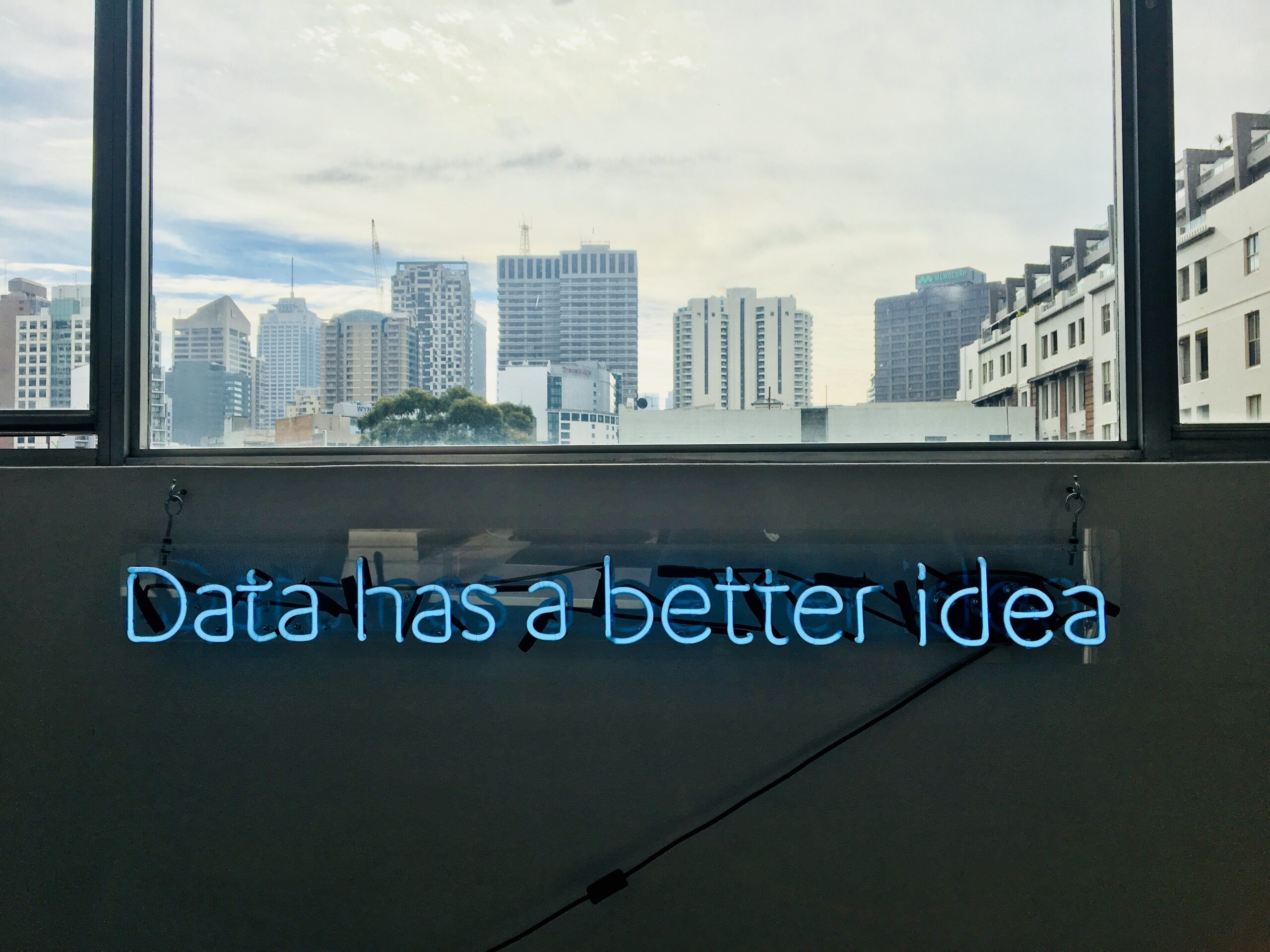Fueling the Revolution: What is Data Analytics?

In recent years, data has become king. The information revolution has created an intricate web of billions of devices, all transporting information. That information contains unique insights into customer preferences, sentiments and potential risks. Ultimately, we live in an era dictated by data – by the facts, figures and patterns. Subsequently, we must first understand what data is, before answering the question what is data analytics. By extension, fintech is the embodiment of data – using analytics to better finance and other related disciplines.
In this series, I aim to explore what data is and how it plays a fundamental role in fueling the fintech revolution.
What makes data valuable
When a new company like Apple reveals its latest iPhone, iPad or Macbook – the first thing that attracts the attention of the public is the flashy new features. But what many people don’t see are the numbers behind those products. The data analytics that determined what people wanted, how they use their devices and how to market them effectively.
At its core, data analytics is a language that aims to quantify how we interact with each other and with the world
From human purchasing behaviour to probabilities of marketing success – data aims to describe intricate but hidden patterns in our everyday actions. Subsequently, information is a new and precious form of currency because it provides the possibilities for businesses to adapt and consequently offer better services & earn more profits.
What is the origin of data?
We live in a world where we create data at an exponential rate. In the last two years, we generated more data than in the whole of human history. Every human on earth creates 1.7Mb of data every second.
That is an incomprehensible amount of data created every day. That is to say, data that contains golden insights into what you like, what you’ll probably buy and how you do things. However, the majority of all data generated comes from three main places:
- Social Data collected from social media platforms.
- Machine Data collected from IoT, machine sensors, medical devices and more
- Transactional Data generated from purchases that take place online and offline.
It’s important to note that collecting and analyzing data isn’t an easy task. Teams must organize potentially millions of random data collections, process them into a usable format and then perform analysis. Once done, they must present their findings in an easy-to-understand way.
A good analogy of data is to think of it as land. The land has some base value, but the real value of a property only becomes apparent once it fully developed. Think of an empty plot of land vs the same plot of land with a shopping mall bustling with business.
Data fueling the fintech revolution
As I’ve discussed in previous articles, fintech is an umbrella that encompasses many technologies. And in many ways, fintech embodies the data revolution. The companies and innovations that fall under the fintech all uniquely use data to provide a new or improved service. Mobile payments transfer your payment details without needing you to enter your credit card pin, blockchain stores data in an immutable and traceable way, open banking allows 3rd parties to access your banking data securely (a topic for another series).
Subsequently, data forms the backbone of fintech because fintech fundamentally embraces technology. Fintech companies use data-driven insights to innovate, manage and expand their services effectively.
Although data has immense potential, it also creates several risks for all parties. Data breaches, leaks and abusing personal data are all problems with data – but this is a topic I will deal with later in this series.
Conclusion
In conclusion, data is a language that aims to quantify how we interact with each other and the world. The potential to provide insights into customer preferences, the market climate and potential risks is hugely beneficial for companies. That is why data is so valuable in the present day. However, data only achieves its real value when it is fully developed.
The foundation of fintech is data. Through data-driven insights, fintech effectively uses data to enhance financial services, provide a personalized experience and increase efficiency.
If you liked this series and want to find out more about the importance of data in the modern-day, please feel free to sign up to my mailing list!
Nicholas Ching
More Posts

A vulnerable new world: The cybersecurity threat
The world is filled with many threats. With the advance of technology, so too has the threat of cyber-attacks increased. Read more about this vulnerable new world.

What is Open Banking: A data-driven ecosystem
Open Banking marks a fundamental shift towards a data-driven ecosystem. With regulations and APIs, Open Banking is the future.

Open banking for modern banks
Modern banks are more than money holders, they are guardians of data. Open Banking is a means to use that data for better user experiences.

Insurtech Companies: When Life gives you lemons…
Lemonade is one of a growing number of insurtech companies that aims to revolutionise the insurance game…changing business models worldwide
